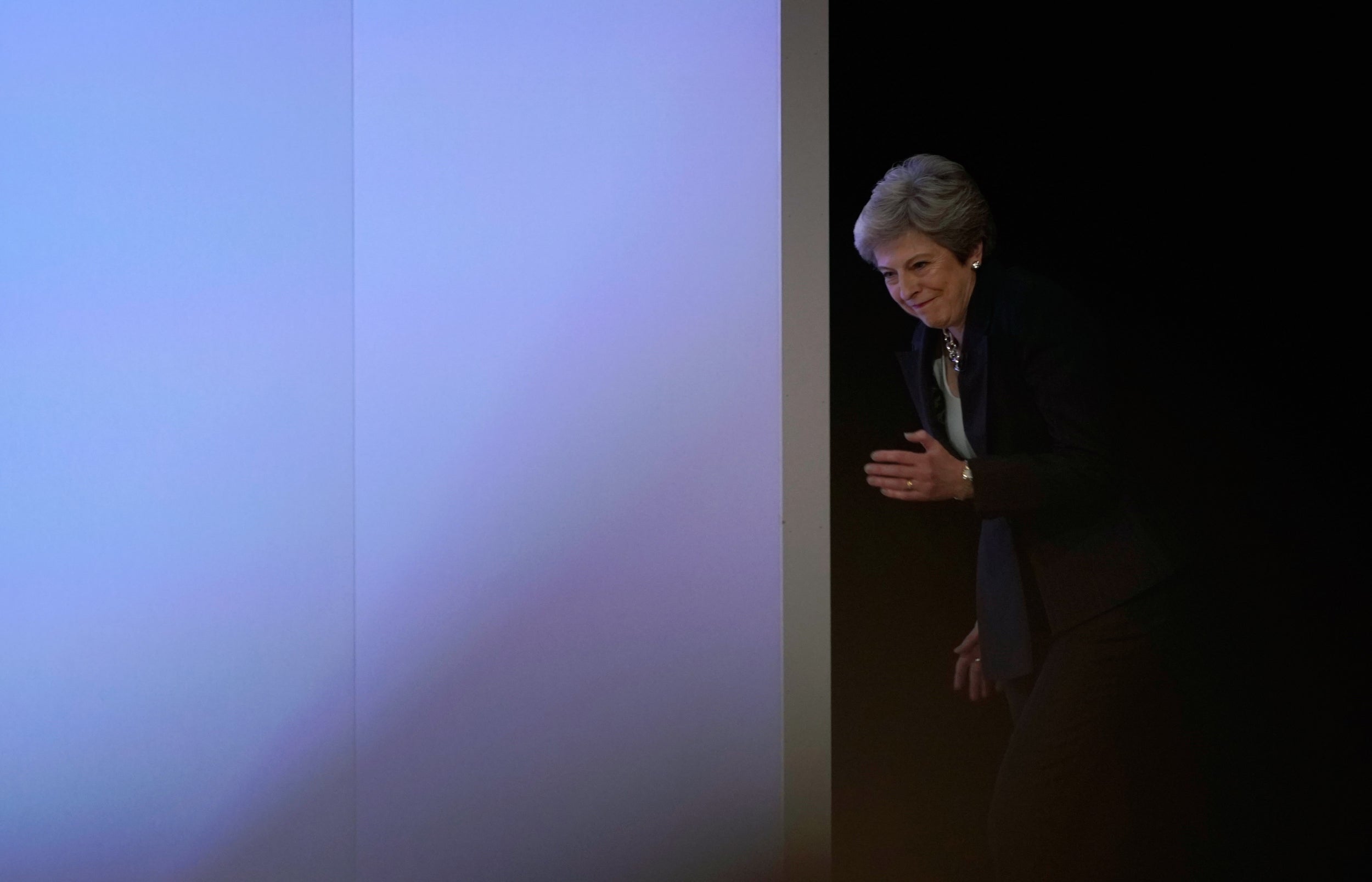Your support helps us to tell the story
From reproductive rights to climate change to Big Tech, The Independent is on the ground when the story is developing. Whether it's investigating the financials of Elon Musk's pro-Trump PAC or producing our latest documentary, 'The A Word', which shines a light on the American women fighting for reproductive rights, we know how important it is to parse out the facts from the messaging.
At such a critical moment in US history, we need reporters on the ground. Your donation allows us to keep sending journalists to speak to both sides of the story.
The Independent is trusted by Americans across the entire political spectrum. And unlike many other quality news outlets, we choose not to lock Americans out of our reporting and analysis with paywalls. We believe quality journalism should be available to everyone, paid for by those who can afford it.
Your support makes all the difference.The Brexit divorce bill negotiated by Theresa May could increase significantly because of higher than expected EU liabilities, according to new data released by Brussels.
In the early stages of negotiations Britain agreed to pay certain costs like the those of British EU officials’ pensions, as well as honouring guarantees for EU projects it had already made.
Both sides stopped short of putting an official figure on the future payments – in what was seen at the time as an attempt to soften the political blow for the Prime Minister.
They instead set a formula to work out how much Britain would have to pay – though unofficial estimates have generally converged on a net figure of around £39 billion, contingent on a withdrawal agreement being signed.
The inputs to that formula look set to rise faster than expected, however – meaning the bill is likely to be higher than anticipated.
The European Court of Auditors said in a report released on Thursday that EU’s pension liabilities have unexpectedly increased to 73.1 billion euros in 2017 – up from a previous estimate of 67.2 billion euros.
The so-called “contingent liabilities” – the guarantees on investment projects – have also somewhat increased, too. These are up to 123 billion euros in 2017 from 115.3 euros the previous year.
This latter category may never trigger payments, however, if the projects do not fail – as they are simply guarantees.
Britain has also agreed to pay its existing EU budget contribution to 2020, a 6.3 billion euro component of the divorce bill which is unchanged by the new figures.

Join our commenting forum
Join thought-provoking conversations, follow other Independent readers and see their replies
Comments